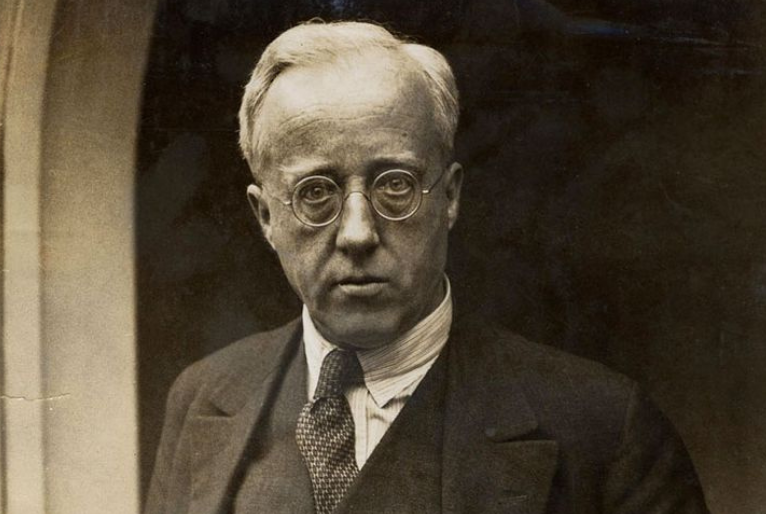Gustav Theodore Holst, an English composer, arranger, and teacher, is best known for his orchestral suite “The Planets.” Holst’s music is celebrated for its innovative use of rhythm and harmony, and his contributions to English music are significant. Here, we explore the 10 best compositions by Gustav Holst, highlighting his diverse range and unique musical voice.
1. The Planets, Op. 32
Holst’s most famous work, “The Planets,” is a seven-movement orchestral suite, each movement named after a planet and its corresponding astrological character. From the aggressive “Mars, the Bringer of War” to the mystical “Neptune, the Mystic,” this suite showcases Holst’s mastery of orchestration and thematic development. “Jupiter, the Bringer of Jollity” is particularly notable for its central hymn-like theme, which has become synonymous with British patriotic sentiment.
2. St. Paul’s Suite, Op. 29, No. 2
Written for the St. Paul’s Girls’ School orchestra, where Holst was the music director, this suite is a delightful work for string orchestra. It consists of four movements, each brimming with folk-like melodies and dance rhythms. The final movement, “The Dargason,” is a lively English folk tune that Holst brilliantly combines with the traditional “Greensleeves.”
3. First Suite in E-flat for Military Band, Op. 28, No. 1
This groundbreaking work for wind band is considered a cornerstone of the band repertoire. Comprising three movements—”Chaconne,” “Intermezzo,” and “March”—the suite showcases Holst’s innovative use of the wind ensemble, emphasizing rich harmonies and dynamic contrasts. Its success helped establish the wind band as a legitimate ensemble for serious composition.
4. Second Suite in F for Military Band, Op. 28, No. 2
Continuing his exploration of wind band music, Holst’s Second Suite is equally significant. It features folk songs such as “Morris Dance” and “Swansea Town.” The suite’s vibrant melodies and spirited rhythms make it a favorite among wind ensembles and audiences alike.
5. The Hymn of Jesus, Op. 37
A choral work based on early Christian texts, “The Hymn of Jesus” is notable for its complex choral writing and innovative use of spatial effects, with singers and instruments placed around the performance space. The piece’s mystical and otherworldly atmosphere highlights Holst’s interest in spirituality and ancient cultures.
6. Ode to Death, Op. 38
Inspired by Walt Whitman’s poetry, “Ode to Death” is a serene and reflective choral work. Composed in the aftermath of World War I, the piece expresses a sense of peace and acceptance. Its lush harmonies and gentle melodies provide a poignant contrast to the turmoil of the time.
7. Egdon Heath, Op. 47
Holst considered “Egdon Heath” his most perfectly realized work. Based on Thomas Hardy’s portrayal of the fictional Egdon Heath, the piece evokes a bleak and mysterious landscape. Its atmospheric textures and subtle orchestration demonstrate Holst’s mature compositional style.
8. A Moorside Suite
Originally written for brass band, “A Moorside Suite” is a three-movement work that captures the spirit of the English countryside. The “Scherzo” movement, with its playful rhythms and lively character, is particularly popular. The suite was later arranged for string orchestra and remains a staple of the brass band repertoire.
9. Choral Hymns from the Rig Veda
Holst’s fascination with ancient texts and cultures is evident in this collection of choral hymns based on the sacred Hindu text, the Rig Veda. The hymns are divided into four groups, each exploring different themes and moods. The music’s exotic scales and modal harmonies reflect Holst’s interest in non-Western musical traditions.
10. The Perfect Fool, Op. 39
An opera in one act, “The Perfect Fool” is a satirical and humorous work. Although the opera itself is rarely performed, the ballet music from the opera has gained popularity as a concert piece. The ballet’s vivid orchestration and imaginative character portrayals showcase Holst’s talent for theatrical music.
Gustav Holst’s music continues to captivate audiences with its originality and depth. His innovative approach to composition and his ability to draw inspiration from diverse sources have secured his place as one of the most important English composers of the 20th century. Whether through the cosmic grandeur of “The Planets” or the intimate charm of his smaller works, Holst’s music remains a vital part of the classical repertoire.


Comments are closed